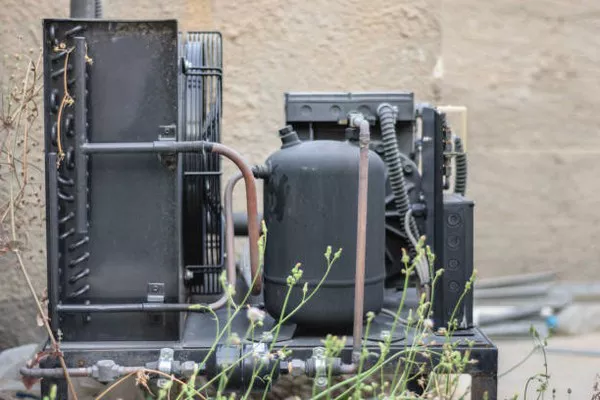Running a generator during inclement weather, particularly in the rain, is a topic that often sparks debate due to safety concerns. Generators are crucial during power outages, but using them improperly in wet conditions can lead to hazardous situations. In this article, we’ll delve into whether it’s safe to run a generator in the rain, the risks involved, and the best practices to ensure both safety and efficiency.
Understanding the Risks: What Happens When a Generator Gets Wet?
The first question to address is what actually happens when a generator is exposed to rain. Generators, particularly portable ones, have electrical components that are susceptible to water damage. When water comes into contact with these components, it can lead to short circuits, electrocution hazards, or even permanent damage to the generator. Water can infiltrate the electrical panels, outlets, and fuel systems, causing malfunction or failure.
Moreover, operating a generator in the rain increases the risk of electrical shock. Water is an excellent conductor of electricity, and a wet generator can pose serious dangers not only to the user but also to anyone in contact with the equipment or surrounding area. The risk is compounded in heavy rain or flooding conditions, where water can collect around the generator and create a more hazardous environment.
Ensuring Safety: Can You Safely Run a Generator in the Rain?
The general consensus among generator manufacturers and safety experts is that it is not safe to operate a generator in wet conditions. However, if it’s unavoidable due to emergency situations, certain precautions can minimize the risks involved. The primary consideration is to protect the generator from direct exposure to rain or moisture.
To safely use a generator in wet conditions, consider using a generator tent or canopy specifically designed to shield the equipment from rain. These canopies provide adequate ventilation while keeping the generator dry. Ensure the generator is placed on a dry, level surface to prevent water from accumulating around the base. Additionally, use extension cords and outlets equipped with ground fault circuit interrupters (GFCIs) to reduce the risk of electrical hazards.
Best Practices for Running a Generator in the Rain
When faced with running a generator in rainy weather, adhering to best practices is essential to minimize risks and ensure optimal performance. Here are some key guidelines to follow:
Location, Location, Location: Always place the generator on a dry, elevated surface away from puddles or areas prone to flooding. Use a sturdy platform, such as a wooden pallet, to keep the generator off the ground.
Protection from the Elements: Invest in a generator tent or canopy that is specifically designed to shield the equipment from rain while allowing for proper ventilation. Avoid using makeshift covers that may trap heat or obstruct airflow.
Proper Ventilation: Ensure that the generator has adequate ventilation, even when covered. Generators produce carbon monoxide, a colorless and odorless gas that can be deadly in enclosed spaces. Never operate a generator indoors or in partially enclosed spaces, even if it’s raining.
Regular Maintenance: Keep the generator well-maintained, following manufacturer guidelines for routine checks and servicing. Inspect the generator and its components for any signs of damage or wear before and after use.
Use of Ground Fault Circuit Interrupters (GFCIs): Utilize extension cords and outlets with built-in GFCIs to reduce the risk of electrical shock in wet conditions. GFCIs quickly shut off power when they detect a ground fault, preventing potential electrocution.
By adhering to these best practices, you can significantly reduce the risks associated with running a generator in the rain and ensure both safety and efficiency during power outages or emergencies.
Conclusion: Is Running a Generator in the Rain Safe?
In conclusion, while it’s generally not safe to run a generator in the rain due to the associated risks of electrical hazards and equipment damage, there are precautions you can take if circumstances demand it. Protecting the generator from direct exposure to rain using a proper canopy or tent, ensuring adequate ventilation, and following recommended safety guidelines are critical steps to mitigate risks.
Ultimately, the safety of using a generator in wet conditions depends on careful preparation and adherence to safety protocols. Prioritize safety above all else when operating generators, especially during adverse weather conditions. When in doubt, consult the generator’s user manual or reach out to a qualified electrician for guidance. By exercising caution and employing best practices, you can harness the power of your generator effectively and safely when the need arises.

